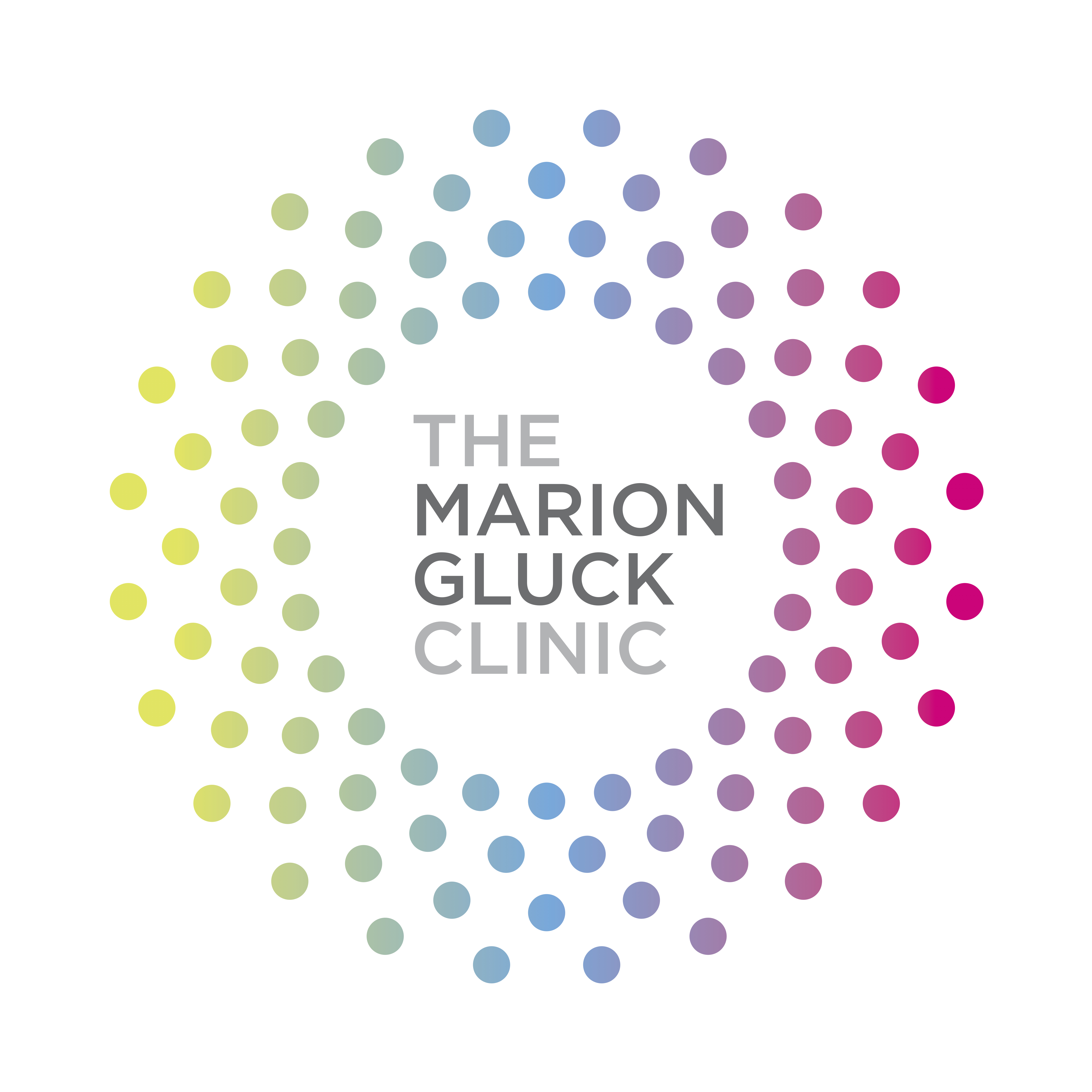Why Am I Hornier At Certain Times Of The Month?
How interested in sex are you? Maybe your answer keeps changing. But do you know why?
Studies that quiz men and women about their sexual desire typically find that men more consistently think about sex, seek sex more avidly and are more straightforwardly horny than women…. So much for busting stereotypes. But it turns out that women’s desire is just as potent as men’s — it's just not as consistent.
The way women feel about sex and the way sex feels for women waxes and wanes across the month. Of course, we are sophisticated, mysterious and nuanced creatures and not just victims of our hormones. But, yes, sometimes we are also victims of our hormones.
We’re hardwired to feel horniest around ovulation because of a surge in oestrogen and testosterone. In fact, our fluctuating sex hormones mean that the way sex feels can change throughout the month.
It’s helpful to understand what’s going on inside you, and how to work with your body to have better sexual experiences. Intrigued? Let’s take a look.
How your cycle affects your sex drive
The first thing to know is that there are three phases of your cycle: follicular (this includes your period and the few days after), ovulation (this is your fertile window and it happens mid-cycle), and the luteal phase (from ovulation until your period).
Here’s how each phase of your cycle impacts your body, sex drive and how sex feels throughout the month.
Follicular phase: days 1–10 of cycle
When you’re on your period, all the happenings in the womb and the blood pumping around that area can add pressure to your G-spot. This makes it more sensitive and engorged, stimulating nerve endings — and that can make you really horny. Plus, period sex means that you save on lube. Don’t snub it — at least half of sexually active women enjoy period sex.
But for the days after you’ve finished bleeding and before you ovulate, low hormone levels can mean that your vagina may feel dry and you’d rather curl up in front of the TV.
What to try: breast play
Breast play can be great in the follicular phase, because this is typically the time that boobs are their least painful. This can make you more tolerant of clumsy groping and you may find breast play very arousing.
Ovulation phase: days 11–14 of cycle
Feel charming, social, outgoing, and full of inspiration and ideas? Are you at your most attractive, with glowing skin and glossy hair?
If so, that’s because you get your biggest surge of oestrogen and testosterone during this phase. Thanks to these hormones, you also have your highest energy levels. Your sex drive is at its peak and you can orgasm more easily. You’ll also feel wetter, as lots of cervical fluid is produced at ovulation — sometimes twenty times as much as normal!
What to try: everything!
Clitoral play: There's some research showing that the size of the clitoris may increase by about a fifth in the days before, during and after ovulation — fewer excuses for not finding it then.
Deeper entry positions: Around ovulation, your cervix may rise higher, meaning deeper-entry positions (like on all fours with a partner behind you) are more comfortable. This is the time to explore. Positions that may have felt painful at other times of the month might feel great now because you're more lubricated and your pain threshold is higher, thanks to good old oestrogen.
Luteal phase: days 15–28 of cycle
Still feeling good, at least for the first part? Straight after ovulation, oestrogen, progesterone and testosterone are all still present in good amounts.
But in the later part of the luteal phase — just before your period — your hormones start to drop and may decrease at different rates. That’s when premenstrual stress (during PMS) may make you feel more hungry, tired and feel flat in the desire department.
What to try: massaging the G-spot
Typically you’ll be less lubricated during the luteal phase of the cycle. This can be a good time to have your partner massage your G-spot, which is the ridged spongy textured area located about two inches up on the anterior wall of the vaginal canal. Massaging the spongy tissue in this area stimulates it and it becomes engorged with blood. You may feel the urge to urinate because the tissue presses on the urethra.
A good massage will increase vaginal lubrication, and may even result in the elusive female ejaculation — the release of arousal fluid that comes out of the urethra but is not urine. This clear, protein-rich fluid comes from the Skene’s glands. In some circles, it is known as amrita because its release is blissful and associated with feelings of expansiveness, euphoria and liberation.
Long-term relationships and loss of libido
We’ve talked about how desire waxes and wanes across the month. But there’s another variable — one that’s a bit of a taboo — and that is that in long-term relationships, sex drive can slip away, like a remote control disappearing down the back of the sofa.
This happens for both men and women, but what's not often talked about is the fact that for women the loss is often much more severe. We don’t know what exactly, but it may possibly be because testosterone provides a buffering effect for men against things like mood, stress and fatigue.
Some theorise that the gender gap and differing expectations of men and women in the home may contribute to women becoming particularly prone to burnout — the end result of exhaustion, anxiety, stress and relentless busyness. This further leads to a depletion in women’s testosterone levels.
Maintaining healthy hormones
Maintaining healthy hormone levels can help to improve your sex drive, which can be a big deal — rekindling a dwindling sex life can help couples feel closer and more united.
To maintain healthy hormone levels long-term, try the following:
Do a detox. We’re talking about staying hydrated with plenty of water, staying regular with a fibre supplement in the mornings, eating protein such as white fish, salmon or beans, veggies and whole grains such as brown rice.
Eat more healthy fats. These are the kind found in avocados, coconut oil, olive oil, nuts and seeds. These will help support healthy levels of good cholesterol which is needed to make your sex hormones.
Exercise. Exercise can be helpful in boosting libido. Bear in mind that you will have more energy around the ovulation time of your cycle and that your energy will be at its lowest in the lead-up to your period and when you are bleeding; you should modulate your exercise regime accordingly.
Patch up micronutrient deficiencies. Many things such as stress, not eating enough of a rainbow diet or drinking too much coffee can render us low in essential micronutrients. Consider taking a daily high-quality multivitamin and multimineral.
If you're suffering from low libido, find out how we can help and get in touch today.






